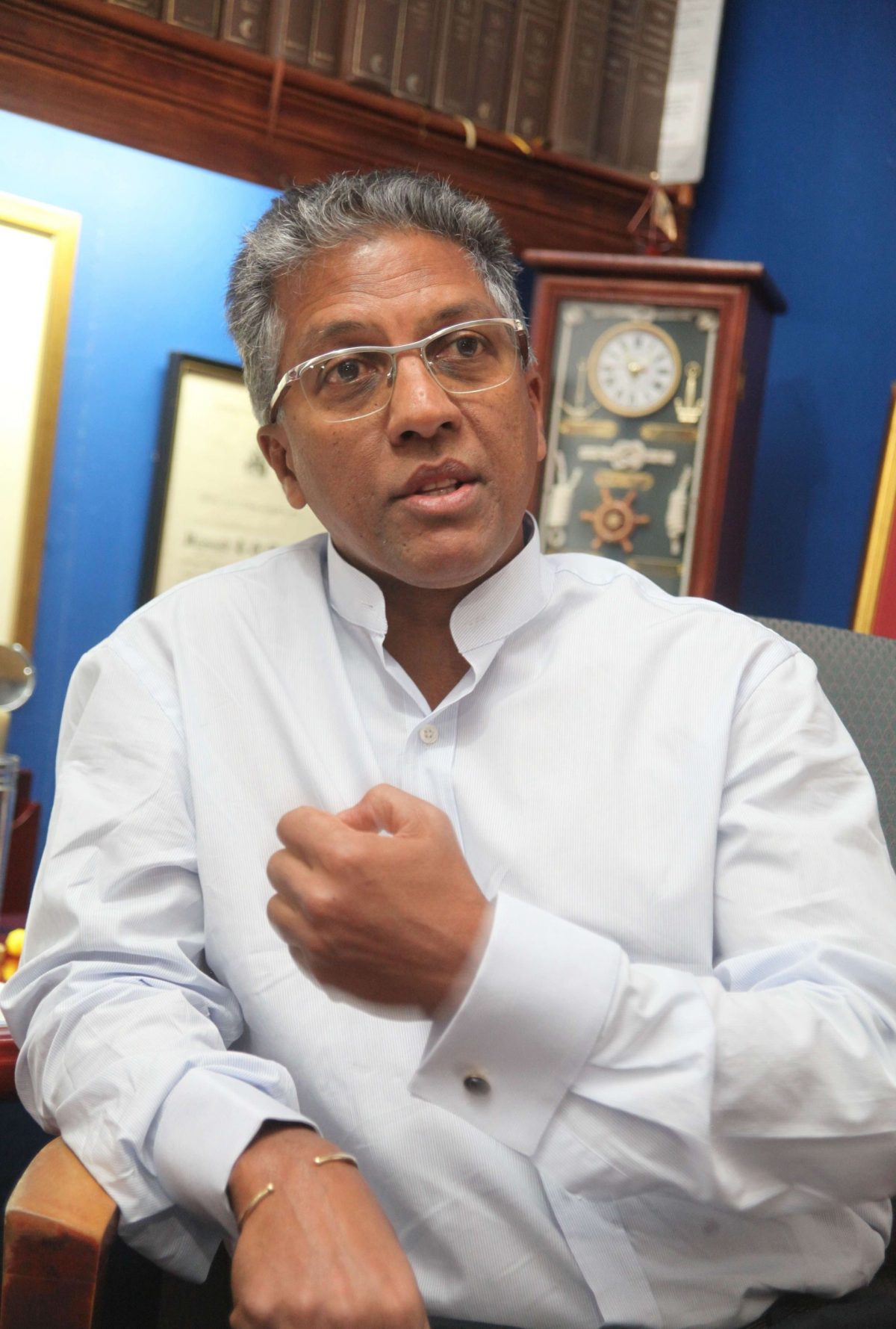(Trinidad Guardian) Attorney General Reginald Armour, SC, will attempt to reduce the threats of lethal autonomous weapons systems or “killer robots” through legislation. The latest move comes as the country continues to grapple with gun violence and a climbing murder count which has already crossed 300 for the year.
Speaking to Guardian Media on Wednesday, following the end of a two-day regional workshop on Achieving the Universalisation of the Convention on Certain Conventional Weapons at the Hyatt Regency Hotel, Armour maintained that the use of artificial intelligence (AI) to kill human targets is a concern that authorities cannot turn a blind eye to.
“We met today mainly to discuss the fact that we would like to discuss among our governments in Caricom … I would want to make recommendations to the Cabinet that we need to develop legislation to regulate how these algorithm-driven autonomous weapons are going to populate our earth,” he said.
Armour underscored the local and regional security threats of pre-programmed weapons using algorithms. “There is no stop, when an algorithm says shoot and kill and a child runs across the road, that child is dead and we are concerned to make sure we regulate it in the present, dealing with the future.”
According to information obtained from autonomous weapons.org, “Slaughterbots”, also called “lethal autonomous weapons systems” or “killer robots”, are weapons systems that use artificial intelligence to identify, select, and kill human targets without human intervention. Whereas in the case of unmanned military drones the decision to commit the act is made remotely by a human operator.
The Attorney General stated that the convention was a step in joining the global community in adopting new and binding regulations on legal autonomous weapons systems (LAWS).
“Coming out of this learning experience, I am going to be going to Cabinet with recommendations and out of that Cabinet may or may not accept my recommendations; if my recommendations are accepted, we will be taking that to our law reform commission to develop serious policy that will then inform the legislation.”
The two-day workshop, which featured regional lawmakers, was sponsored by the United Nations Office for Disarmament Affairs, Caricom Implementation Agency for Crime and Security and came nearly three months after the Caricom symposium on crime which was hosted in T&T.
Among the outcomes of the regional workshop was the promotion of collaboration among Caricom member states to develop a common position on LAWS and a recommendation that the Conference of Caricom Heads of Government adopt a declaration on LAWS.
Campaign Outreach Manager for “Stop Killer Robots”, Isabelle Jones told Guardian Media about the importance of international laws on an autonomous weapons system to ensure meaningful control over the use of force.
“International discussions have actually been ongoing for the last decade but this is a really urgent and pressing issue for political leaders, governments and for the international community to be discussing because more and more we are seeing increasing use and development of weapon systems that have autonomy in them,” said Jones.
UN Chief of Service at the Office of Disarmament Affairs Melanie Regimbal also spoke about the importance of the convention.
“The objective is to understand the framework under which laws are starting to be looked at and studied and in this case, it is the convention on certain conventional weapons and the idea is to bring on board many of the Caribbean states that are not a party to this convention but also to engage in a regional dialogue on the topic of LAWS.”

